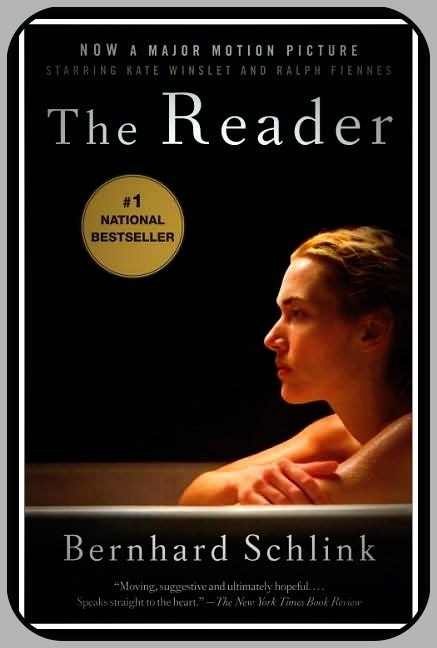

But he first became that sort of reader almost 40 years earlier, when he was 15 (and played by David Kross). That person is Michael, introduced as a melancholy lawyer (Ralph Fiennes) in mid-'90s Berlin.
#The reader bernhard schlink movie#
The movie is in English, of course, which immediately puts some viewers at a disadvantage: They can't know that the German title, Der Vorleser, refers only to someone who reads out loud. Thus begin the problems of The Reader, a British movie of a well-reviewed German novel about issues both moral and bookish. Ralph Fiennes plays an older, more subdued Michael Berg.Īdapting a literary novel to film is always tricky, and it's all the more so when language itself is among the book's subjects.

For Schlink, the conflict came to light when he learned that one of his favorite teachers had denounced people to the Gestapo during World War II. Speaking as a member of Germany's "second generation" - the generation that came after World War II - Schlink explains: "It's an unsolvable problem - the second generation can't just expel the parent generation from its love and solidarity."Īnd yet, he says, not breaking from the guilty often means that the second generation becomes entangled in that guilt.

Rather, he says, it's about "the problem of what does it mean to us how do we cope with the fact that someone we love, admire respect turns out to have committed an awful crime?" Schlink tells Ari Shapiro that although the book is set in Germany and centers on Nazi war crimes, it isn't about the Holocaust per se. The novel tells the story of a 15-year-old German boy's love affair with an older woman who, he later learns, worked for the Nazis during World War II. Bernhard Schlink says the generational complicity and coping explored in The Reader aren't just German topics.įirst published in Germany in 1995 and recently adapted to film, Bernhard Schlink's novel The Reader wrestles with guilt and complicity across generations.


 0 kommentar(er)
0 kommentar(er)
